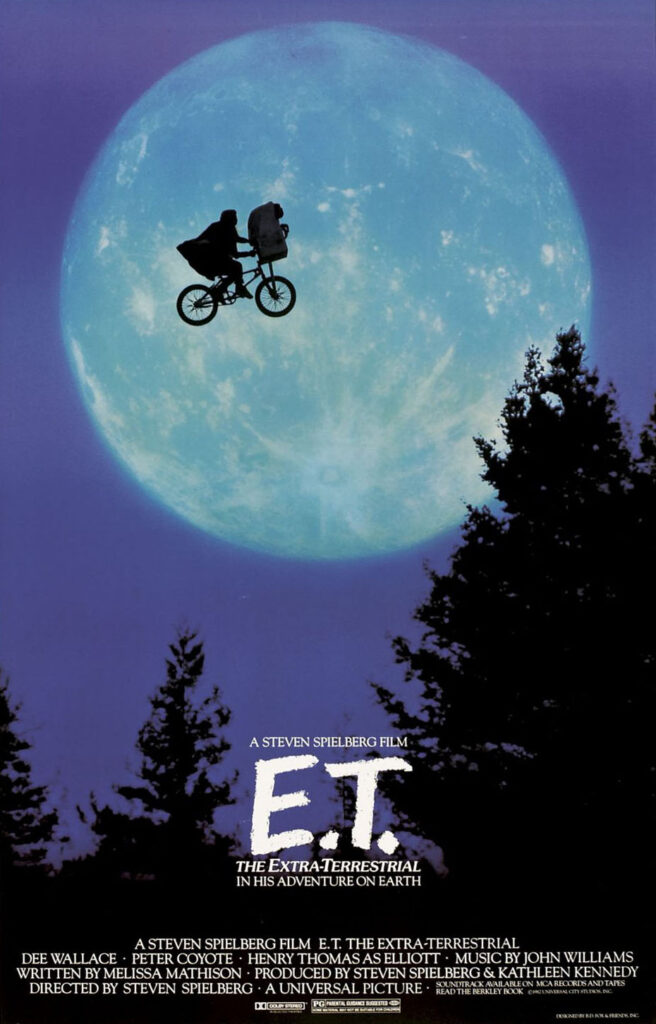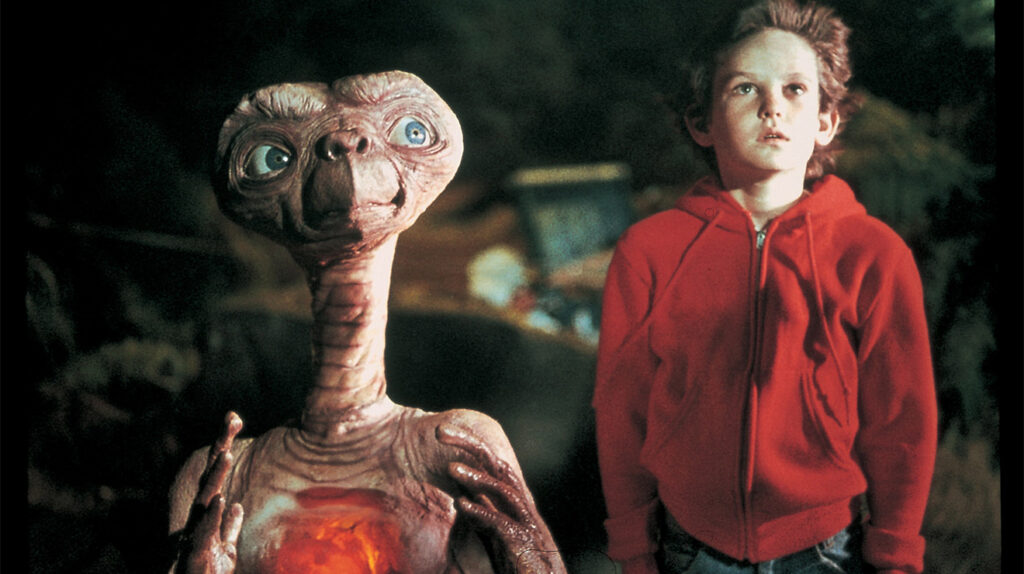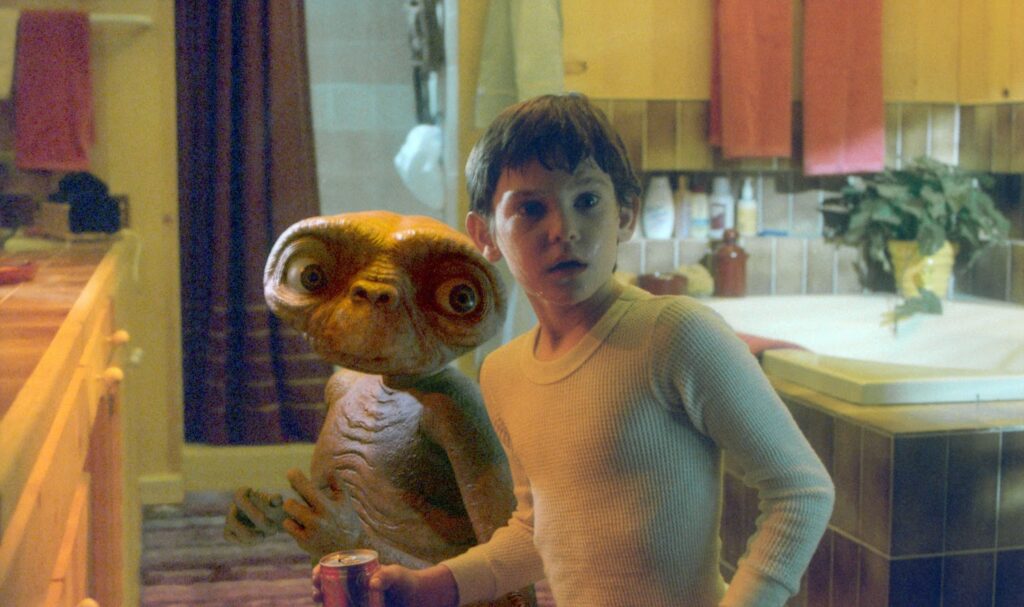Steven Spielberg Believes This Classic of His Is ‘Pretty Perfect’: Discover Why

Steven Spielberg, widely regarded as one of cinema’s greatest directors, maintains a modest perspective on his own work, often serving as his harshest critic. In a candid moment on ‘The Late Show with Stephen Colbert’, Spielberg admitted that, like many filmmakers, he doesn’t frequently revisit his movies after completing them.
However, he does occasionally watch his films with his children. Reflecting on this, Spielberg remarked that upon rewatching his work, he often noticed elements he intended to include but didn’t, or ideas that could have improved the film. Despite this critical eye, there are a select few of his films—around five or six—that he doesn’t mind revisiting. Among them is the beloved classic, ‘E.T. the Extra-Terrestrial’, a film he considers “pretty perfect.”
Also Read: Steven Spielberg or Tobe Hooper – Who Really Directed ‘Poltergeist’?

Released in 1982, ‘E.T.’ stands as a testament to Spielberg’s mastery, blending blockbuster spectacle with heartfelt storytelling. The film begins with a group of aliens landing in a California forest, pursued by government agents. Concurrently, young Elliott (Henry Thomas), grappling with his parents’ recent separation, discovers a stranded alien in his backyard. Naming him E.T., Elliott forms a bond with the creature, aided by his siblings Michael (Robert MacNaughton) and Gertie (Drew Barrymore), as they work to help E.T. return home.
Despite its science fiction premise, E.T. resonates deeply due to its authentic portrayal of childhood and family dynamics. Elliott, brilliantly portrayed by Henry Thomas, navigates the complexities of adolescence amidst family turmoil, offering a nuanced depiction of a young boy coming of age. His interactions with Michael and Gertie are equally genuine, depicting sibling camaraderie and conflict with warmth and humour.

Spielberg’s directorial choices, such as filming from a low perspective to align the audience with Elliott’s viewpoint and using minimal adult perspectives until later in the film, enhance the immersive experience. This approach underscores the film’s themes of innocence, wonder, and familial bonds, resonating with audiences of all ages.
Moreover, E.T. captures the essence of Spielberg’s filmmaking journey, reflecting his own childhood experiences and emotions. Through Elliott’s relationship with E.T., Spielberg explores themes of family, friendship, and the power of imagination, making E.T. not just a cinematic achievement but a personal reflection on the transformative nature of storytelling.

Beyond its narrative depth, E.T. is celebrated for its groundbreaking visual effects and John Williams’ iconic score, which enhances the emotional resonance of the story. The film’s enduring appeal lies in its ability to blend fantasy with universal truths, leaving an indelible mark on generations of viewers and filmmakers alike.
In essence, ‘E.T. the Extra-Terrestrial’ remains a cornerstone of Spielberg’s illustrious career, embodying his ability to merge spectacle with emotional depth. Its timeless themes and universal appeal continue to inspire audiences and reaffirm Spielberg’s status as a master storyteller.
–Farheen Ali








